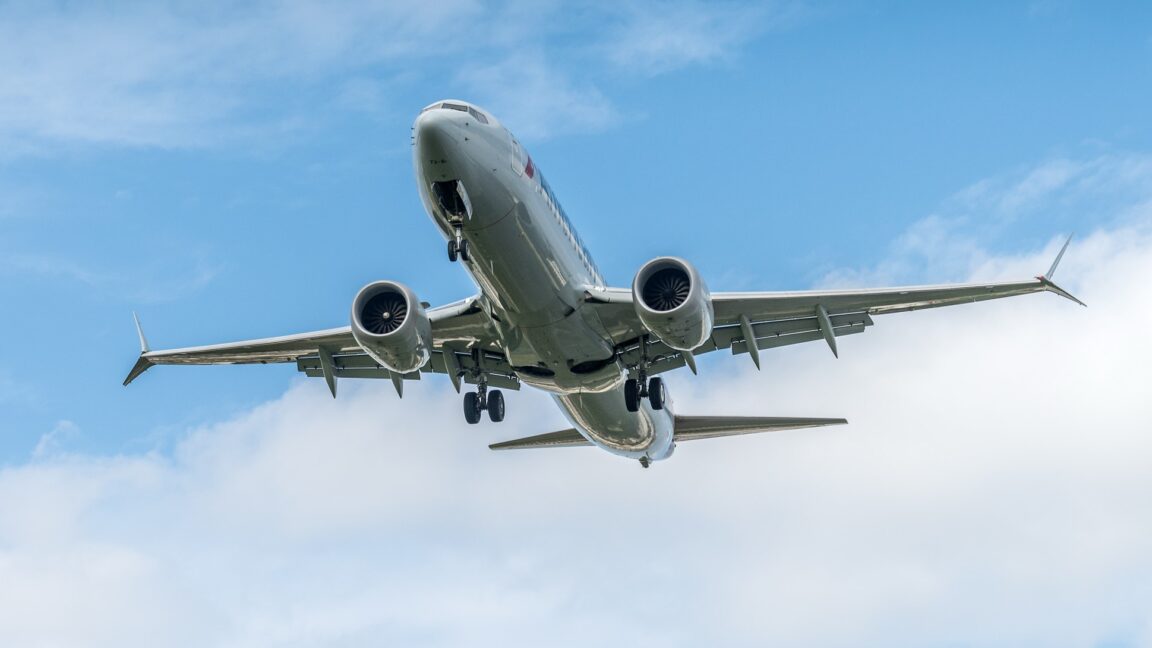FAA Proposes $3.1 Million Fine to Boeing Over Safety Violations and Door Plug Incident

The Federal Aviation Administration (FAA) announced on Friday a proposed civil penalty of $3.1 million against Boeing, citing multiple safety violations linked to a door plug failure in January 2024, as well as concerns over interference with safety inspectors. This action highlights ongoing regulatory scrutiny of Boeing’s manufacturing processes amidst recent safety incidents.
The FAA’s statement specifies that the proposed fine addresses violations occurring between September 2023 and February 2024. The agency emphasized that this penalty represents the maximum allowable under current law. Boeing, a major aerospace manufacturer with reported revenues of $22.7 billion in the last quarter but a net loss of $612 million, now has 30 days to respond to the FAA’s notice.
According to the FAA, numerous quality system violations were identified at Boeing’s Renton, Washington plant, where the 737 aircraft are assembled, as well as at Spirit AeroSystems’ Wichita, Kansas facility, a key subcontractor. The agency also accused Boeing of submitting two aircraft to the FAA that did not meet airworthiness standards and failing to adhere to established quality protocols, raising concerns about oversight and safety compliance.
The incident involving the door plug blowout in January has brought additional scrutiny to Boeing’s safety practices. The FAA’s actions underscore the importance of rigorous quality control in aircraft manufacturing and maintenance, especially for aircraft already in commercial service.
This development comes amid broader investigations into Boeing’s manufacturing safety and regulatory compliance, emphasizing the ongoing challenges faced by the aerospace giant in maintaining safety standards. Industry experts and regulatory bodies continue to monitor the situation closely, emphasizing the need for strict adherence to safety protocols to prevent future incidents.

